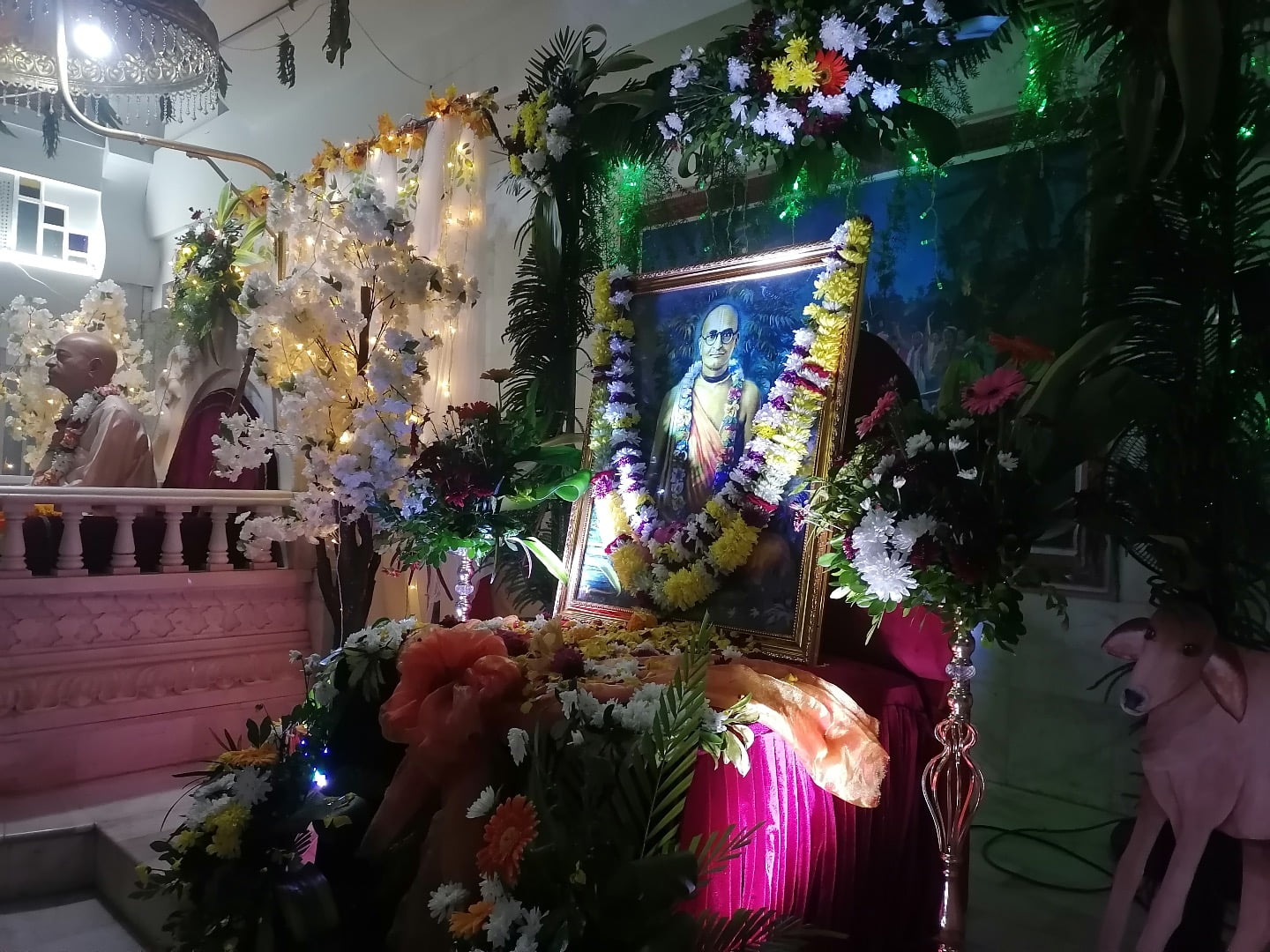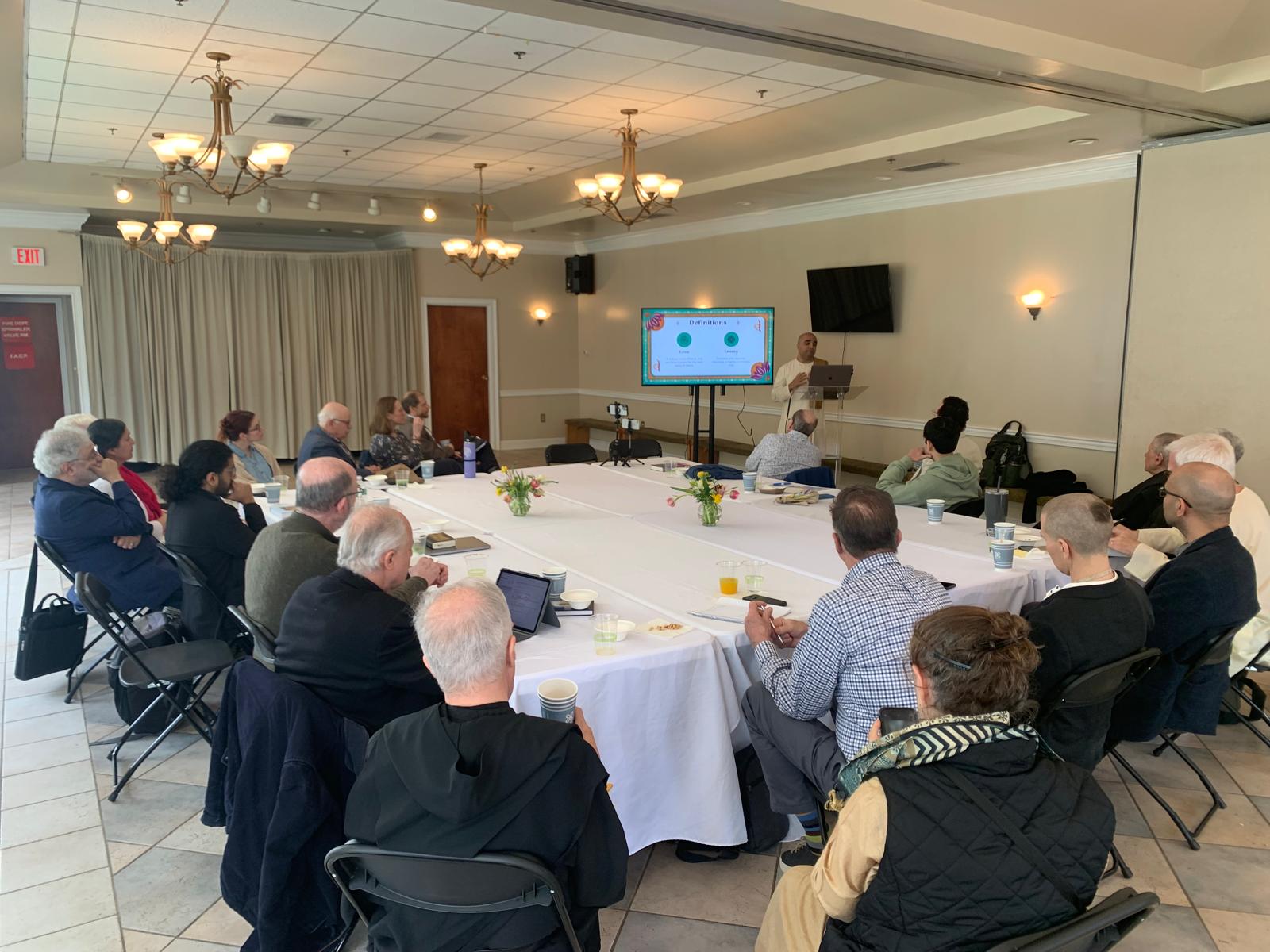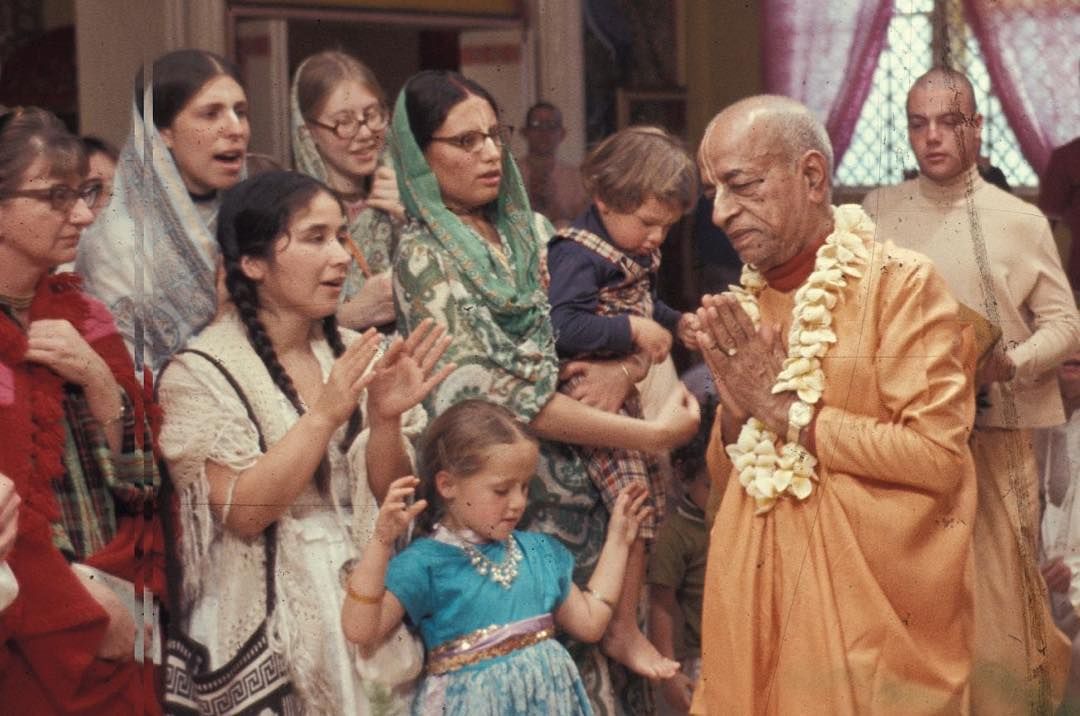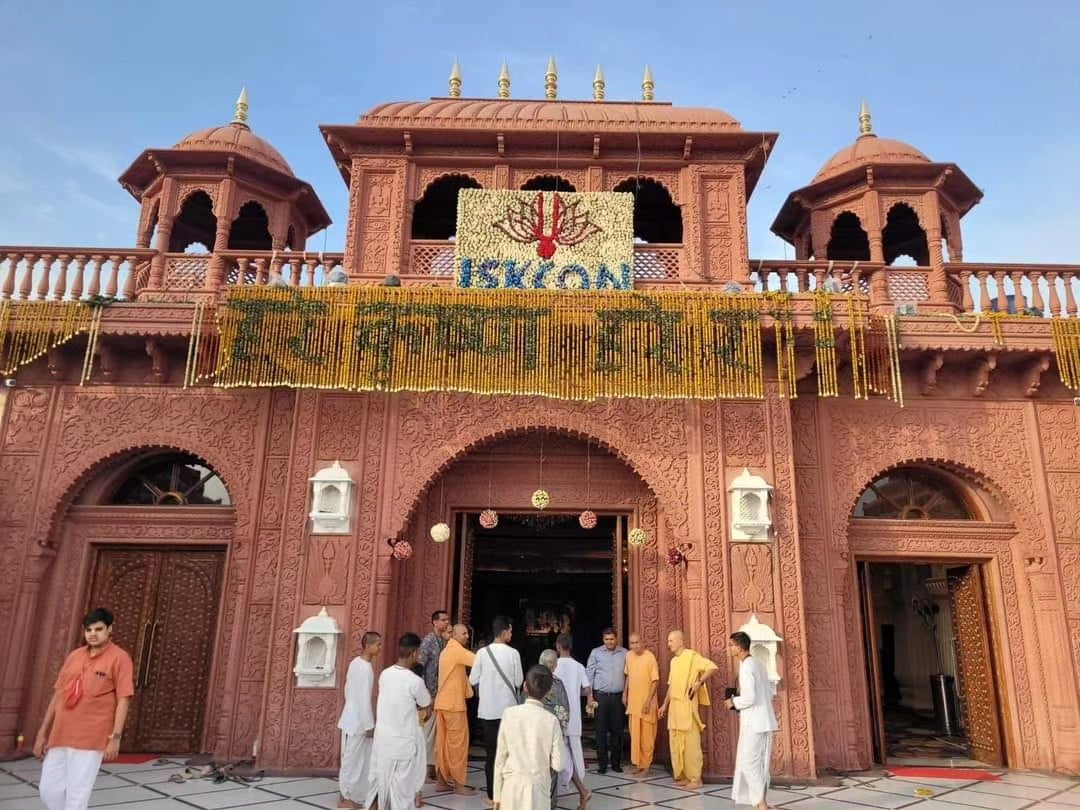Global Restrictions on Religion
By Pew Forum Analyst | Dec 10, 2010
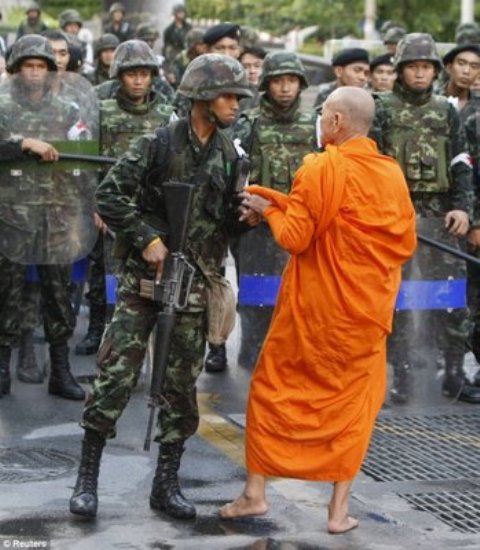
For more than half a century, the United Nations and numerous international organizations have affirmed the principle of religious freedom. For just as many decades, journalists and human rights groups have reported on persecution of minority faiths, outbreaks of sectarian violence and other pressures on religious individuals and communities in many countries. But until now, there has been no quantitative study that reviews an extensive number of sources to measure how governments and private actors infringe on religious beliefs and practices around the world.
Global Restrictions on Religion, a new study by the Pew Research Center’s Forum on Religion & Public Life, finds that 64 nations – about one-third of the countries in the world – have high or very high restrictions on religion. But because some of the most restrictive countries are very populous, nearly 70 percent of the world’s 6.8 billion people live in countries with high restrictions on religion, the brunt of which often falls on religious minorities.
Some restrictions result from government actions, policies and laws. Others result from hostile acts by private individuals, organizations and social groups. The highest overall levels of restrictions are found in countries such as Saudi Arabia, Pakistan and Iran, where both the government and society at large impose numerous limits on religious beliefs and practices. But government policies and social hostilities do not always move in tandem. Vietnam and China, for instance, have high government restrictions on religion but are in the moderate or low range when it comes to social hostilities. Nigeria and Bangladesh follow the opposite pattern: high in social hostilities but moderate in terms of government actions.
Among all regions, the Middle East-North Africa has the highest government and social restrictions on religion, while the Americas are the least restrictive region on both measures. Among the world’s 25 most populous countries , Iran, Egypt, Indonesia, Pakistan and India stand out as having the most restrictions when both measures are taken into account, while Brazil, Japan, the United States, Italy, South Africa and the United Kingdom have the least.
The Pew Forum’s study examines the incidence of many specific types of government and social restrictions on religion around the world. In 75 countries (38%), for example, national or local governments limit efforts by religious groups or individuals to persuade others to join their faith. In 178 countries (90%), religious groups must register with the government for various purposes, and in 117 (59%) the registration requirements resulted in major problems for, or outright discrimination against, certain faiths.
Public tensions between religious groups were reported in the vast majority (87%) of countries in the period studied (mid-2006 through mid-2008). In 126 countries (64%), these hostilities involved physical violence. In 49 countries (25%), private individuals or groups used force or the threat of force to compel adherence to religious norms. Religion-related terrorism caused casualties in 17 countries, nearly one-in-ten (9%) worldwide.
These are some of the key findings of Global Restrictions on Religion. The study covers 198 countries and self-administering territories, representing more than 99.5% of the world’s population. In preparing this study, the Pew Forum devised a battery of measures, phrased as questions, to gauge the levels of government and social restrictions on religion in each country. To answer these questions, Pew Forum researchers combed through 16 widely cited, publicly available sources of information, including reports by the U.S. State Department, the U.S. Commission on International Religious Freedom, the U.N. Special Rapporteur on Freedom of Religion or Belief, the Council of the European Union, the United Kingdom’s Foreign & Commonwealth Office, Human Rights Watch, the International Crisis Group, the Hudson Institute and Amnesty International.
The researchers involved in this process recorded only factual reports about government actions, policies and laws, as well as specific incidents of religious violence or intolerance over the main two-year period covered by this study, from mid-2006 to mid-2008; they did not rely on the commentaries or opinions of the sources. The goal was to devise quantifiable, objective measures that could be combined into two comprehensive indexes, the Government Restrictions Index and the Social Hostilities Index. Using the current, two-year average as a baseline, future editions of the indexes will be able to chart changes and trends over time.
Global Restrictions on Religion is part of a larger effort – the Global Religious Futures Project, jointly funded by The Pew Charitable Trusts and the John Templeton Foundation – that aims to increase knowledge and understanding of religion around the world.
Read more: http://pewforum.org/Government/Global-Restrictions-on-Religion.aspx




